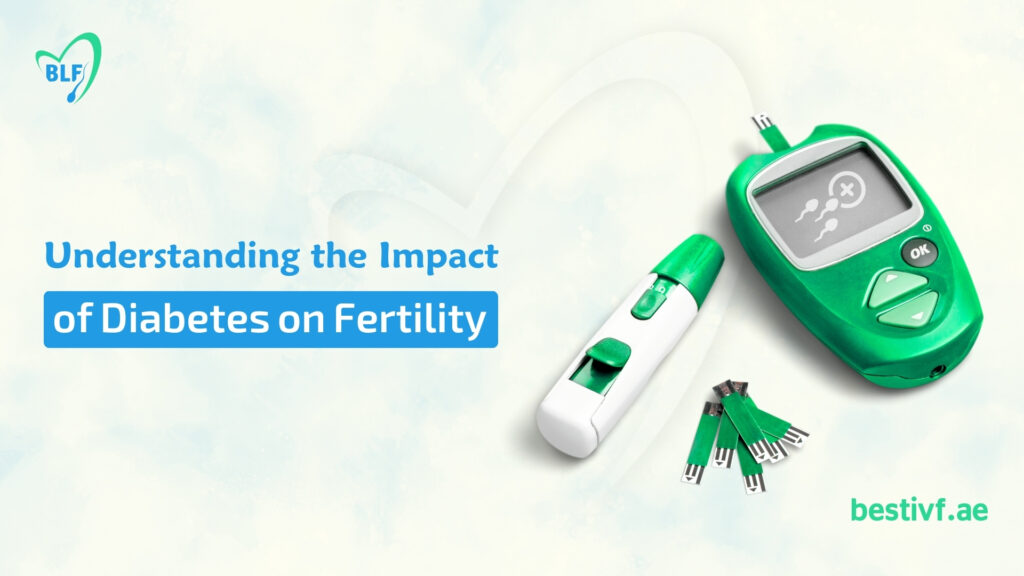IVF Baby vs. Naturally conceived Baby !
IVF Baby vs. Naturally conceived Baby: Understanding the Differences and Similarities In vitro fertilization (IVF) has become a widely accepted and successful method for assisting couples with fertility issues. While IVF babies and naturally conceived babies share many similarities, there are also notable differences in their conception processes. This article explores these differences and similarities, providing a comprehensive understanding of IVF babies and naturally conceived babies. Similarities Between IVF Babies and naturally conceived babies 1. Genetic Composition Both IVF babies and naturally conceived babies inherit genetic material from their biological parents. The combination of the mother’s egg and the father’s sperm determines the baby’s genetic makeup. 2.Development and Birth Once conception occurs, whether through IVF or natural means, the developmental process within the womb is identical. The embryo implants in the uterine lining, and the baby grows and develops through the same stages until birth. 3. Health and Growth Studies have shown that IVF babies and naturally conceived babies generally experience similar health outcomes and growth patterns. Both groups of babies are subject to the same potential health risks and benefits of their environments and genetics. 4. Parental Love and Care The love and care provided by parents are the same, regardless of whether the baby was conceived through IVF or naturally. The emotional bond and parental responsibilities do not differ based on the method of conception. Differences Between IVF Babies and naturally conceived babies 1. Conception Process IVF Babies: Conception occurs outside the mother’s body in a laboratory setting. The process involves ovarian stimulation, egg retrieval, fertilization, embryo culture, and embryo transfer. Natural Babies: Conception occurs within the mother’s body through natural sexual intercourse. Fertilization happens when sperm meets the egg in the fallopian tube, and the fertilized egg implants itself in the uterus. 2. Medical Intervention IVF Babies: The IVF process requires significant medical intervention, including hormonal treatments, surgical procedures, and laboratory techniques. Couples sometimes undergo multiple cycles of IVF to achieve a successful pregnancy. Natural Babies: Natural conception typically requires no medical intervention unless there are complications during pregnancy or delivery or in a case of a medical condition requiring medical attention. Fertility and conception occur through the body’s natural reproductive processes. 3. Cost and Accessibility IVF Babies: IVF can be expensive, with costs varying depending on the clinic, location, and specific treatments required. Not all couples have access to IVF due to financial, medical, or geographical limitations. Natural Babies: Natural conception generally incurs no additional costs beyond regular healthcare expenses associated with pregnancy and childbirth. Accessibility is not an issue, as it relies on the couple’s natural reproductive capabilities. 4. Psychological and Emotional Factors IVF Babies: The IVF process can be emotionally and psychologically demanding due to the uncertainty, physical strain, and financial burden. Couples may experience stress, and emotional highs and lows throughout the IVF journey. Natural Babies: While natural conception can also come with emotional challenges, especially if conception takes longer than expected, it usually involves less medical and financial stress. The emotional experience is often more straightforward without the added complexities of medical procedures. At Best Life Fertility Center, we are honored to provide every couple with the necessary information and the best treatment plan tailored to their specific needs. Our team of long experienced doctors will explain every step of the process, and help couples make informed decisions about the pregnancy journey including all kinds of medical interventions needed. In addition to supporting our patients through their treatment journey with a healthy, encouraging and supportive environment, at Best Life Fertility Center, we are proud to offer our patients the most advanced technologies and techniques available worldwide to ensure the best success outcomes possible to them. Conclusion While IVF babies and naturally conceived babies differ in their conception processes, they share similarities in genetic composition, development, health, and the love they receive from their parents. The choice between IVF and natural conception often depends on the couples circumstances, including fertility challenges, financial considerations, and personal preferences. Understanding the differences and similarities between IVF babies and naturally conceived babies helps demystify the IVF process and underscores that regardless of the conception method, the ultimate goal is to bring a healthy, loved child into the world. Whether conceived through IVF or naturally, every baby is a unique and cherished addition to their family. ivfsharjah ivfdubai








